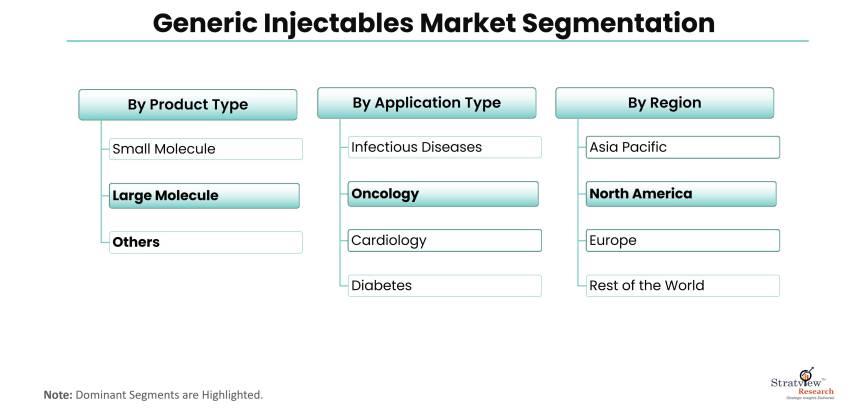The Rising Demand for Generic Injectables: Exploring the Market Growth Opportunities

In recent years, the demand for generic injectables has been steadily rising, presenting a significant growth opportunity for pharmaceutical companies. Generic injectables are cost-effective alternatives to brand-name injectable medications, providing the same therapeutic benefits at a fraction of the price. This surge in demand can be attributed to several factors, including increased healthcare costs, patent expirations, and the growing need for accessible and affordable healthcare solutions. The generic injectables market is estimated to grow from USD 122.4 billion in 2022 to USD 250.13 billion by 2028 at a healthy CAGR of 12.60% during the forecast period.
One of the primary drivers of the rising demand for generic injectables is the escalating cost of healthcare. Healthcare expenditures have been soaring globally, putting a strain on healthcare systems and patients alike. Generic injectables offer a viable solution to this problem by providing affordable options without compromising on quality. These medications are often priced significantly lower than their brand-name counterparts, making them accessible to a larger population and reducing the financial burden on both patients and healthcare providers.
Moreover, patent expirations of several blockbuster injectable drugs have opened up opportunities for generic manufacturers. When a brand-name medication's patent expires, it allows generic drug manufacturers to enter the market with their versions of the drug. This has led to an influx of generic injectables, increasing competition and driving down prices. As a result, healthcare providers are increasingly turning to generic injectables as a cost-effective alternative to expensive branded options.
The rising demand for generic injectables is not limited to cost considerations alone. Accessibility and availability of essential medications are also crucial factors driving the market growth. Generic injectables play a vital role in expanding access to critical treatments, especially in developing countries and underserved areas where healthcare resources may be limited. These medications are essential for the treatment of various conditions, including infections, cardiovascular diseases, and cancer. With the availability of affordable generic injectables, patients who would otherwise struggle to afford the necessary treatments can now access them easily.
Furthermore, the growing emphasis on biosimilars is another significant factor contributing to the increasing demand for generic injectables. Biosimilars are generic versions of complex biologic drugs. As more biologics, such as monoclonal antibodies and insulin, face patent expirations, the market for biosimilars is expanding rapidly. Biosimilar injectables offer the same therapeutic effects as their brand-name counterparts but at a lower cost. The introduction of biosimilars in the market has not only increased competition but has also provided patients with more affordable treatment options.
The rising demand for generic injectables presents significant growth opportunities for pharmaceutical companies operating in this segment. Manufacturers of generic injectables are poised to benefit from an expanding market and increasing demand. To capitalize on these opportunities, companies need to invest in research and development, ensuring the quality, safety, and efficacy of their products. Additionally, maintaining compliance with regulatory standards and obtaining necessary approvals are crucial for success in this competitive market.
In conclusion, the rising demand for generic injectables is driven by factors such as increasing healthcare costs, patent expirations, and the need for accessible healthcare solutions. These medications offer cost-effective alternatives to branded injectables without compromising on quality. As the demand for affordable treatments continues to grow, pharmaceutical companies specializing in generic injectables have the opportunity to expand their market presence and contribute to improving global healthcare access.
- Art
- Causes
- Crafts
- Dance
- Drinks
- Film
- Fitness
- Food
- Juegos
- Gardening
- Health
- Home
- Literature
- Music
- Networking
- Other
- Party
- Religion
- Shopping
- Sports
- Theater
- Wellness
- IT, Cloud, Software and Technology


